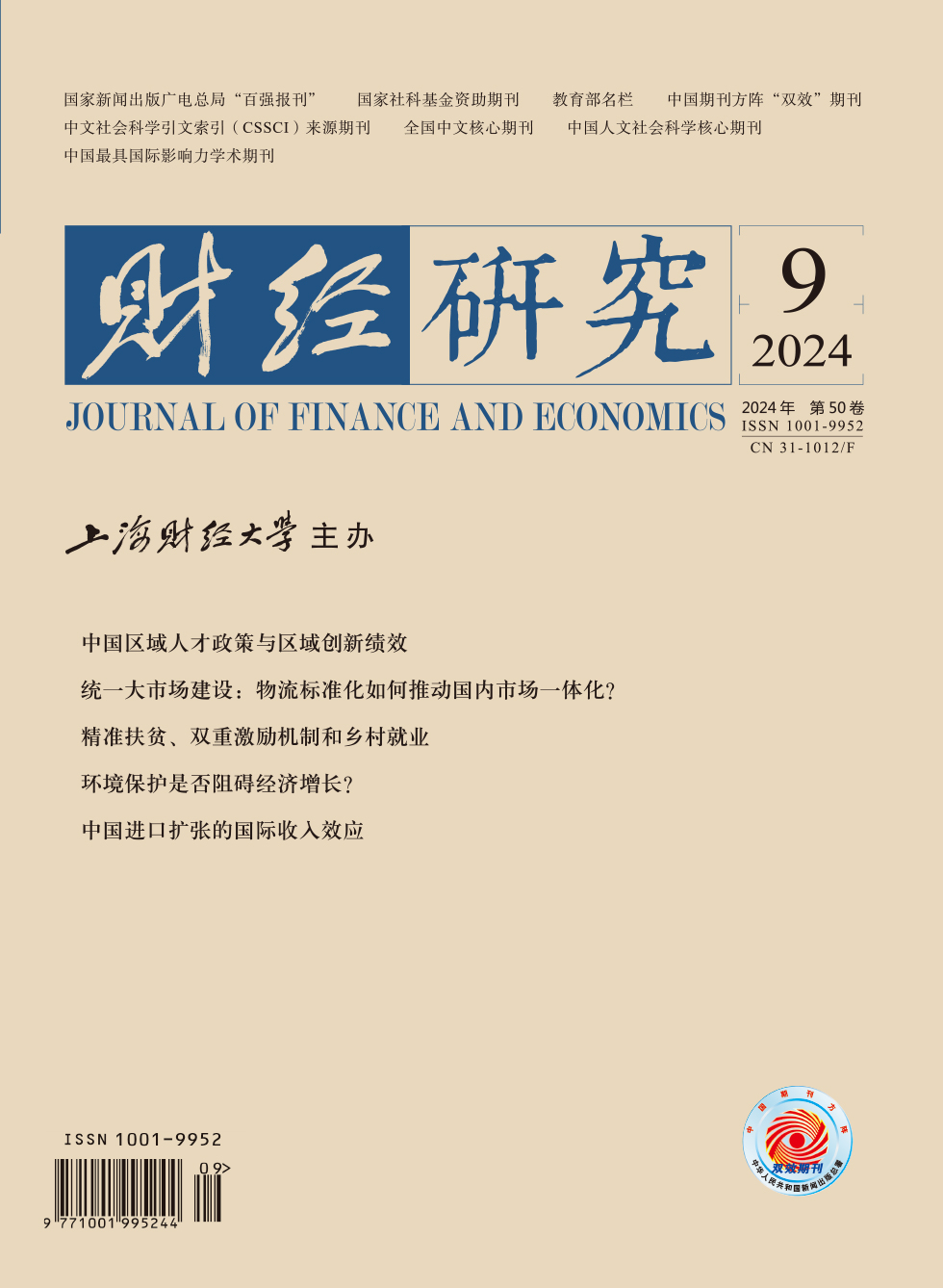Targeted poverty reduction is an innovative policy with Chinese characteristics that promotes comprehensive poverty alleviation. To summarize the experience of targeted poverty reduction policies has important theoretical and practical value. This paper constructs a principal-agent model that incorporates incentives from the central government to local governments. Based on this, an incomplete information game model is used to characterize the optimal behavior of local governments and impoverished households under the two modes of “development-oriented poverty reduction” and “targeted poverty reduction”. It proposes that a comprehensive incentive mechanism is the key to the success of poverty reduction in China. Based on 2916 county-level panel data from 2000 to 2021, this paper uses a DID model and finds that targeted poverty reduction policies effectively increase rural employment in impoverished areas. Using a dynamic effects model, it is found that the effectiveness of poverty reduction becomes more prominent after the improvement of incentive mechanisms in 2016. Heterogeneity analysis reveals that in areas with greater difficulty in poverty reduction or more decentralization by local governments, the results of targeted poverty reduction are more significant, confirming that the improvement of incentive mechanisms is the key to China’s successful poverty reduction. In a micro perspective analysis, based on the data from the 2013-2019 China Household Finance Survey, the study finds that under targeted poverty reduction policies, the labor enthusiasm of poor households significantly increases. Improving local government incentives can effectively enhance the labor enthusiasm of poor households, and this impact also exists among those with weaker abilities and with difficulty to be lifted out of poverty. This indicates that targeted poverty reduction is not only fair, but also efficient. In addition, this paper comprehensively evaluates the policy effectiveness of targeted poverty reduction from two aspects: environmental protection and industrial development.
 / Journals / Journal of Finance and Economics
/ Journals / Journal of Finance and EconomicsJournal of Finance and Economics
LiuYuanchun, Editor-in-Chief
ZhengChunrong, Vice Executive Editor-in-Chief
YaoLan BaoXiaohua HuangJun, Vice Editor-in-Chief
Targeted Poverty Reduction, Dual Incentive Mechanisms, and Rural Employment: An Empirical Study Based on County-level Data and Micro Survey Data
Journal of Finance and Economics Vol. 50, Issue 09, pp. 48 - 62 (2024) DOI:10.16538/j.cnki.jfe.20240519.401
Summary
References
Attachments
Summary
Cite this article
Zhou Bin, Zhao Xuyu, Niu Na, et al. Targeted Poverty Reduction, Dual Incentive Mechanisms, and Rural Employment: An Empirical Study Based on County-level Data and Micro Survey Data[J]. Journal of Finance and Economics, 2024, 50(9): 48-62.
Export Citations as:
For
ISSUE COVER
RELATED ARTICLES




 4811
4811  5259
5259

